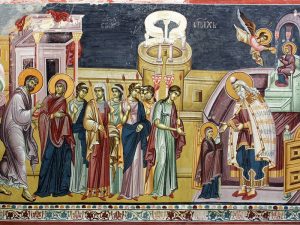 “Seeing the entrance of the pure one, angels marveled in wonder how the Virgin could enter the holy of holies.” (Refrain to Irmos 9, on the feast of the Entrance of the Theotokos into the Temple)
“Seeing the entrance of the pure one, angels marveled in wonder how the Virgin could enter the holy of holies.” (Refrain to Irmos 9, on the feast of the Entrance of the Theotokos into the Temple)
“Entrances” are a big deal in our liturgical tradition, (e.g., the Small Entrance and Great Entrance at Divine Liturgy), surrounded by great solemnity. Why? Because they are “transitional” moments; that is to say, they signify the most crucial and challenging aspect of life in general, and life in Christ more specifically – transitions. We “enter” any given day, for example, transitioning from nighttime not instantly, but by going through our morning “ritual” (getting out of bed, washing up, praying, making coffee, getting dressed, exercising, etc.). We also “enter” into communion with Christ, again and again, not instantly, but step by step, preparing ourselves with the help of traditional prayers and customs.
The feast we’re celebrating today on the Older Calendar focuses on “entrance,” the Entrance of the Theotokos into the Temple. Similar to the entrances mentioned above, Her “entrance” into “the holy of holies” involves both preparation and transition. She is to be prepared, in the temple, for the pivotal moment in Salvation History, the descent upon Her of the Holy Spirit and conception, in Him, of God the Word. There is so much more to say on this topic, on how daunting and even potentially terrifying this “transition” was, for the three-year-old Mary from Nazareth, but this reflection is already too long.
So I’ll just say, let our Lady’s courageous “entrance” today be an inspiration and encouragement for all my entrances and other transitions. Let me not fear them but walk through them, by the protection and guidance of the Blessed among Women. Amen!
Meditation by Sr. Vassa Larin
(Please note, you can get these reflections daily via EMAIL, simply by typing in your email-address at our website: www.coffeewithsistervassa.com)
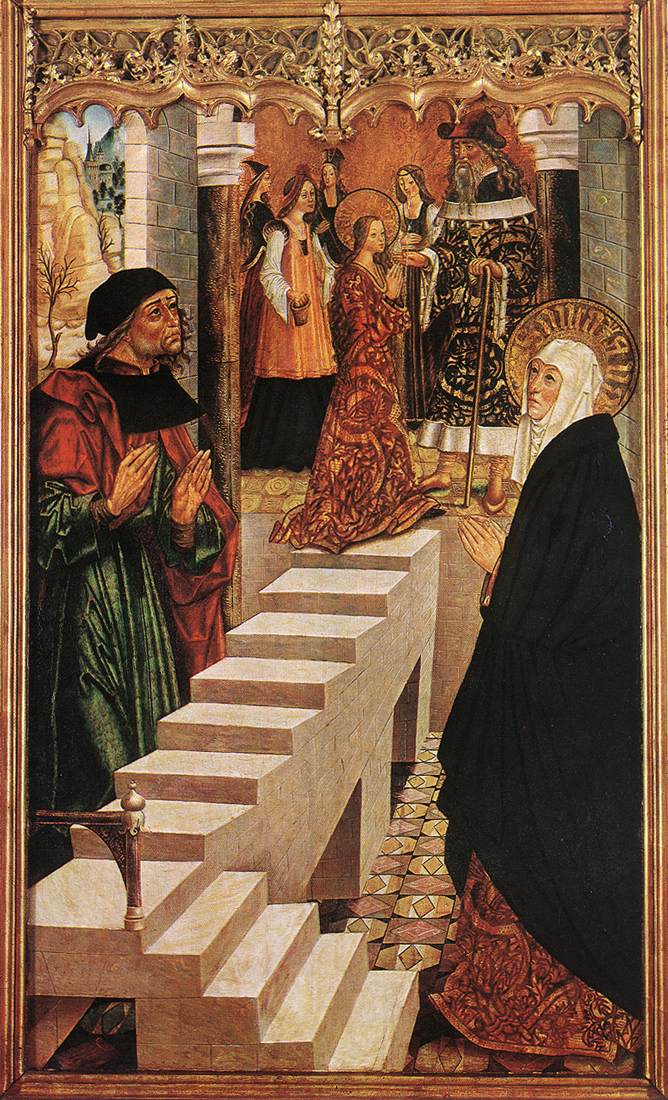 “Blessed are the blameless in the Way, who walk in the law of the Lord.” (Ps 118/119: 1, Septuagint)
“Blessed are the blameless in the Way, who walk in the law of the Lord.” (Ps 118/119: 1, Septuagint)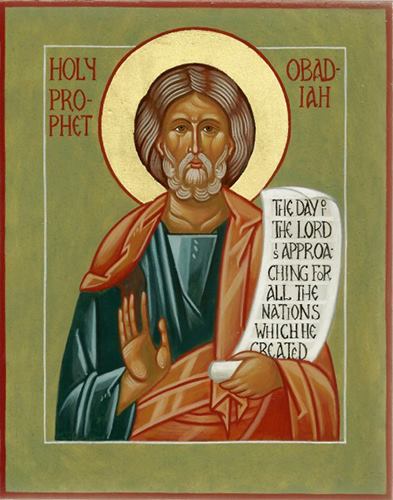 We know nothing certain about the life of the Prophet Obadiah. The Synaxarion identifies him with the servant of King Ahaz, who left to become a follower of Elijah, but that is not possible, since Obadiah’s prophecy was against Edom, pointing to a time after the exile. He is one of several prophets commemorated in the Phillip’s Fast, and verse 21 can be related to the coming of Jesus into the world: “And deliverers will ascend Mount Zion to rule Mount Esau, and the kingship shall be the Lord’s” (Obadiah 21).
We know nothing certain about the life of the Prophet Obadiah. The Synaxarion identifies him with the servant of King Ahaz, who left to become a follower of Elijah, but that is not possible, since Obadiah’s prophecy was against Edom, pointing to a time after the exile. He is one of several prophets commemorated in the Phillip’s Fast, and verse 21 can be related to the coming of Jesus into the world: “And deliverers will ascend Mount Zion to rule Mount Esau, and the kingship shall be the Lord’s” (Obadiah 21).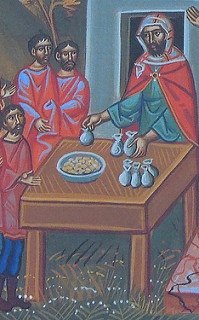 Read: Ephesians 5:9-19; Luke 12:16-21
Read: Ephesians 5:9-19; Luke 12:16-21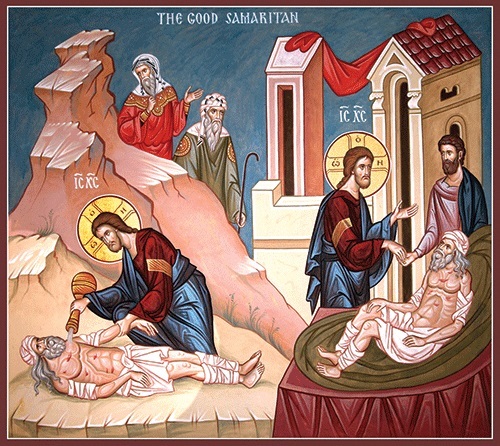 Read: Ephesians 4:1-6; Luke 10:25-37
Read: Ephesians 4:1-6; Luke 10:25-37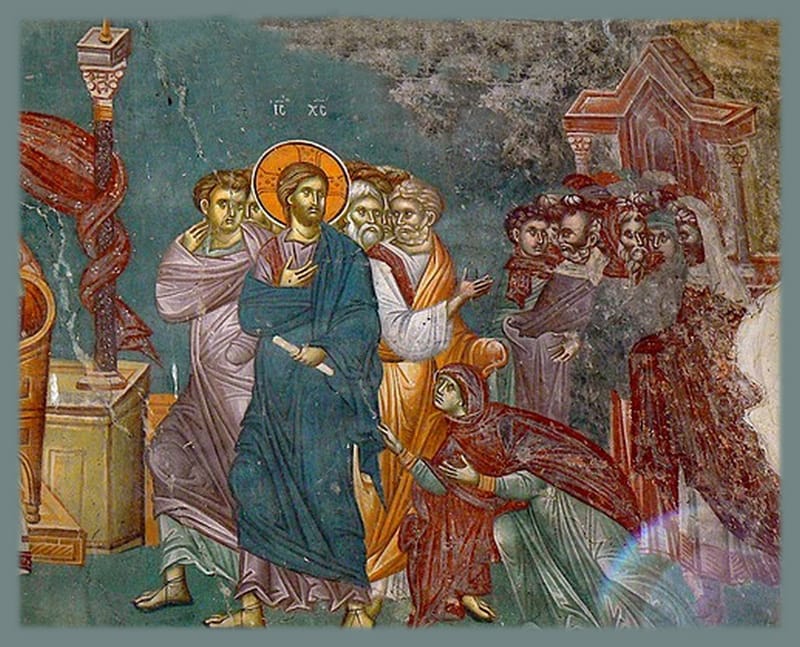 Read: Ephesians 2:14-22; Luke 8:41-56
Read: Ephesians 2:14-22; Luke 8:41-56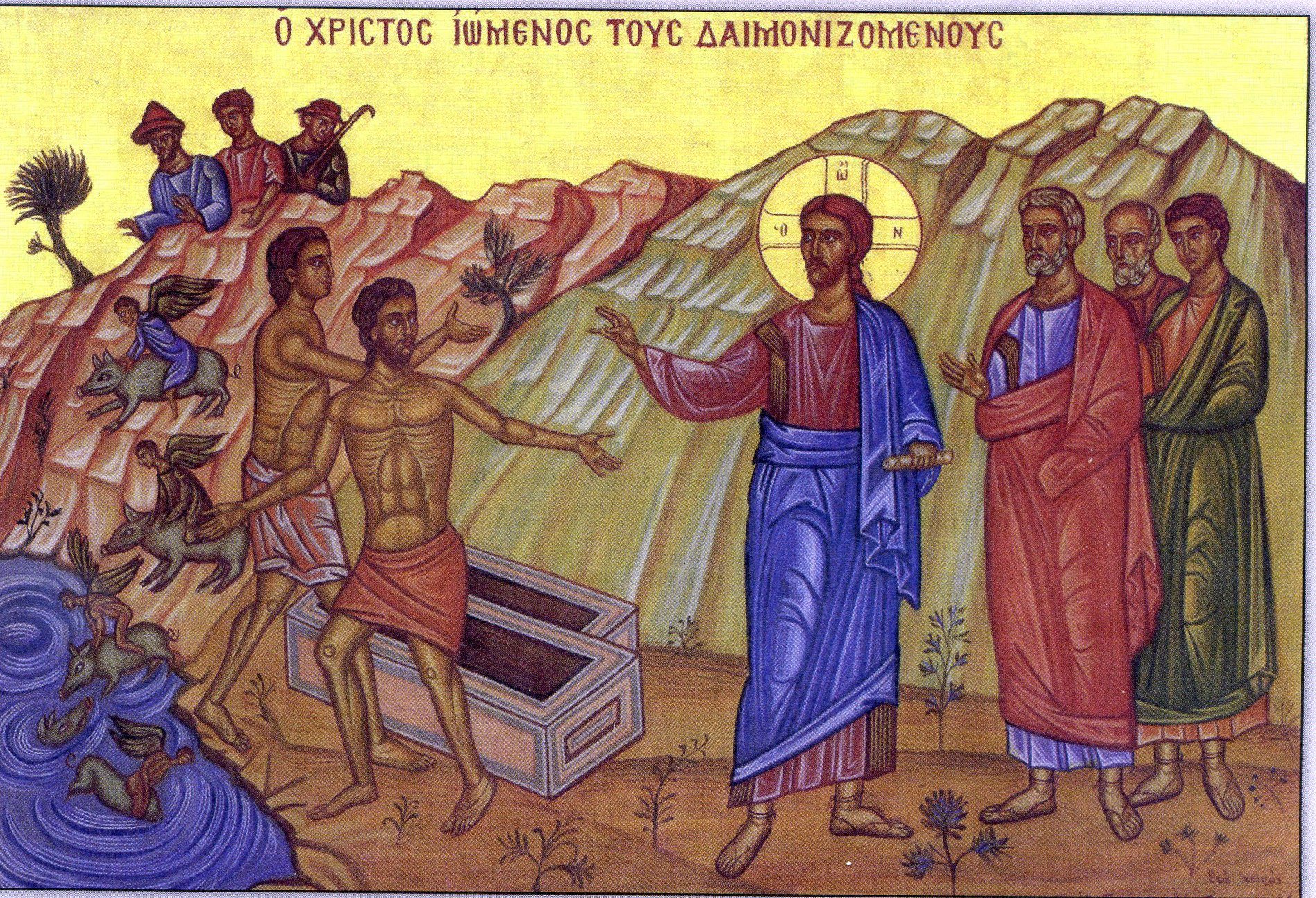 Read:
Read: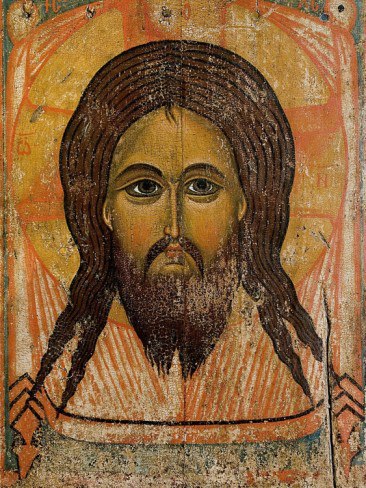 “There is nothing hidden that will not become visible, and nothing secret that will not be known and come to light” (Luke 8:17).
“There is nothing hidden that will not become visible, and nothing secret that will not be known and come to light” (Luke 8:17).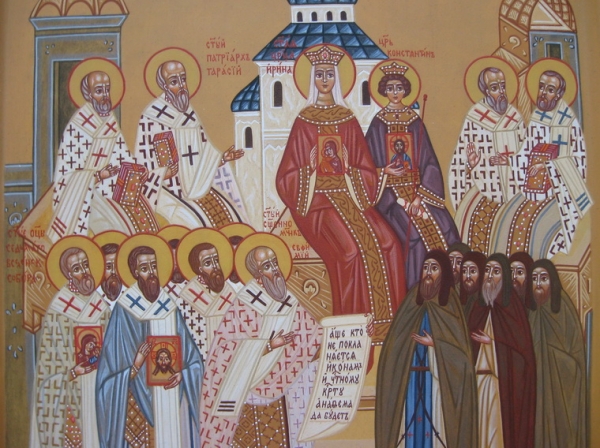 On this Sunday, we also remember the Nicea II Council in 787, which defined that we can make images (icons) of our Lord and the saints, and venerate them. This council was held in the midst of the iconoclastic (the “image breaking”) controversy, the first phase from 726-787, and the second phase from 814-842. It draws attention to how important images are for us. I know of few homes that do not have a picture, today usually a photograph but sometimes a portrait or drawing, of those we love. If we love Christ first with our whole heart and mind and soul, the image helps us to focus that love.
On this Sunday, we also remember the Nicea II Council in 787, which defined that we can make images (icons) of our Lord and the saints, and venerate them. This council was held in the midst of the iconoclastic (the “image breaking”) controversy, the first phase from 726-787, and the second phase from 814-842. It draws attention to how important images are for us. I know of few homes that do not have a picture, today usually a photograph but sometimes a portrait or drawing, of those we love. If we love Christ first with our whole heart and mind and soul, the image helps us to focus that love.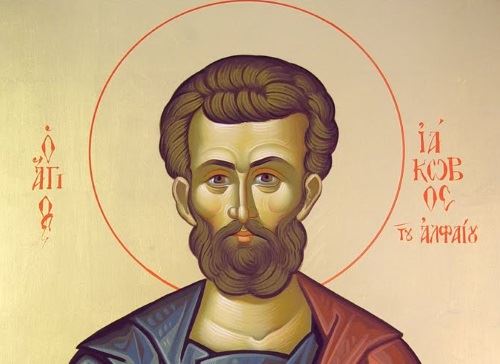 The Byzantine Church discerns three apostles named James: James the Greater, the son of Zebedee; James, the Brother of the Lord and first bishop of Jerusalem; and James, the son of Alphaeus. We celebrate the feast of the latter today. He is the James about which we know the least. The only mention of him was in the lists of the Twelve Apostles. Some speculate that he was the James mentioned by St. Paul in 1 Corinthians 15:7, “After that he appeared to James, then to all the apostles,” but commentators even doubt that was this James, also called “James the Lesser.” However, it does point to the mission of the apostles, which was to proclaim the risen Lord, a message which has resounded throughout the ages to this very day.
The Byzantine Church discerns three apostles named James: James the Greater, the son of Zebedee; James, the Brother of the Lord and first bishop of Jerusalem; and James, the son of Alphaeus. We celebrate the feast of the latter today. He is the James about which we know the least. The only mention of him was in the lists of the Twelve Apostles. Some speculate that he was the James mentioned by St. Paul in 1 Corinthians 15:7, “After that he appeared to James, then to all the apostles,” but commentators even doubt that was this James, also called “James the Lesser.” However, it does point to the mission of the apostles, which was to proclaim the risen Lord, a message which has resounded throughout the ages to this very day.